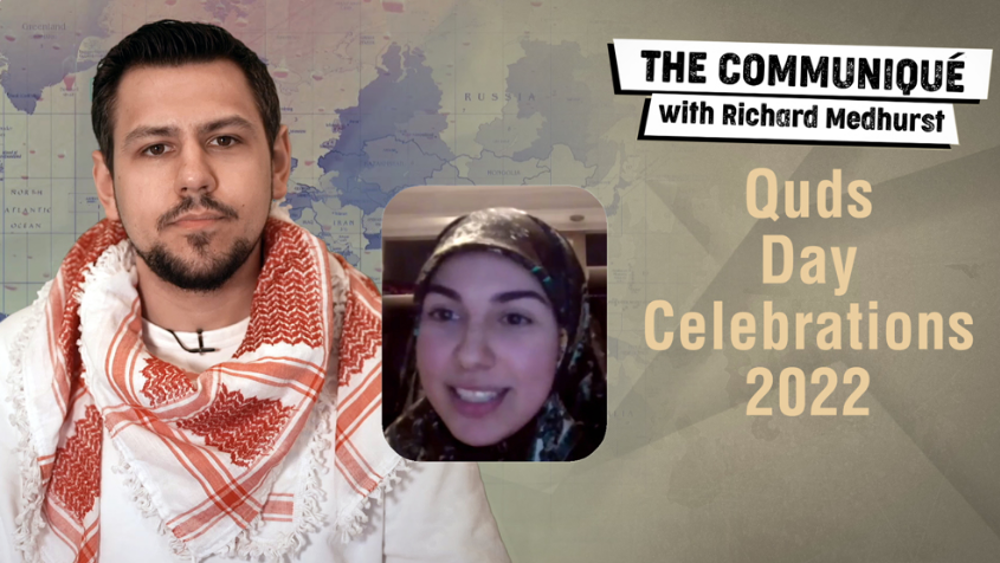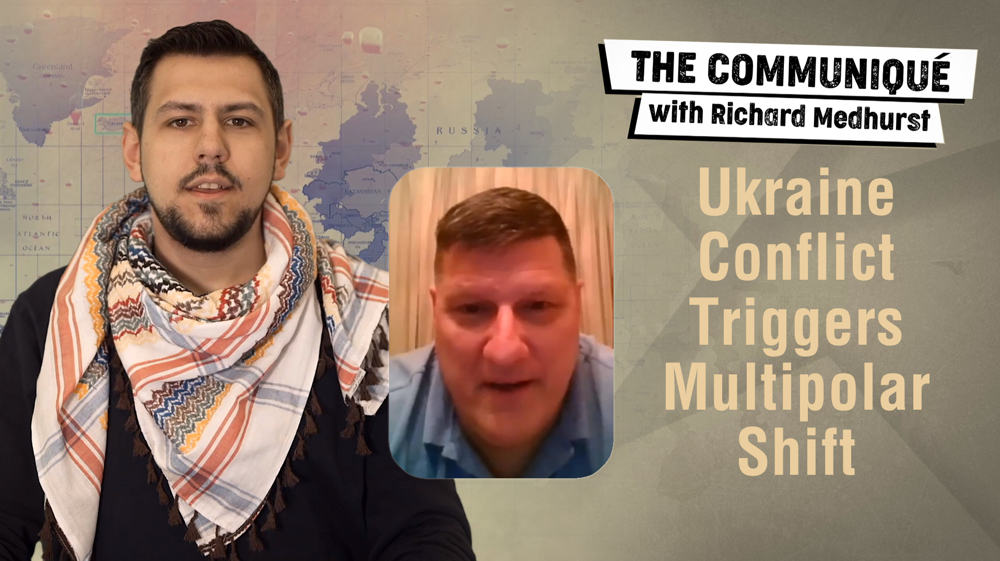Assange High Court extradition ruling
The High Court in England has overturned a lower courts decision, allowing Julian Assange to be extradited to the United States.
The journalist and WikiLeaks founder faces up to 175 years in prison for publishing classified documents revealing US war crimes in Iraq and Afghanistan. The court has allowed the extradition to go ahead on the basis that the US can be trusted not to imprison Assange at ADX Florence or in oppressive prison conditions known as Special Administrative Measures (SAMs).
The United States diplomatic assurances appear to say that Assange would also receive medical care in US custody and could serve his sentence in his home country Australia. Can these US assurances be trusted? Richard Medhurst recently published classified documents from the extradition of David Mendoza to the US in 2009, showing how the US offered similar assurances at the time (including a signed contract) only to break them later.
Mendozas case was cited by Assanges lawyers at the High Court as an example of the US going back on its word. How did the judges arrive at the conclusion that US assurances are to be trusted, when the US has a history of breaking its promises? Richard Medhurst is one of the few independent journalists to report on the extradition case of Julian Assange, and gives his firsthand reporting in this episode of The Communiqué.
Iranian diaspora in EU, UK deplore ban on national airline
VIDEO | Press TV's News Headlines
Israel’s military struggling with shortage of troops: Report
Iran calls for more efforts to establish peace in Gaza, Lebanon
Israel targets journalists in southern Lebanon to mask atrocities
Trump vs Harris: A choice between two deranged war hawks who cheer genocide in Gaza
Over 1,800 Palestinians killed in Israel’s month-long attacks in northern Gaza
UN official urges Egypt to seize Israel-bound arms ship MV Kathrin









 This makes it easy to access the Press TV website
This makes it easy to access the Press TV website